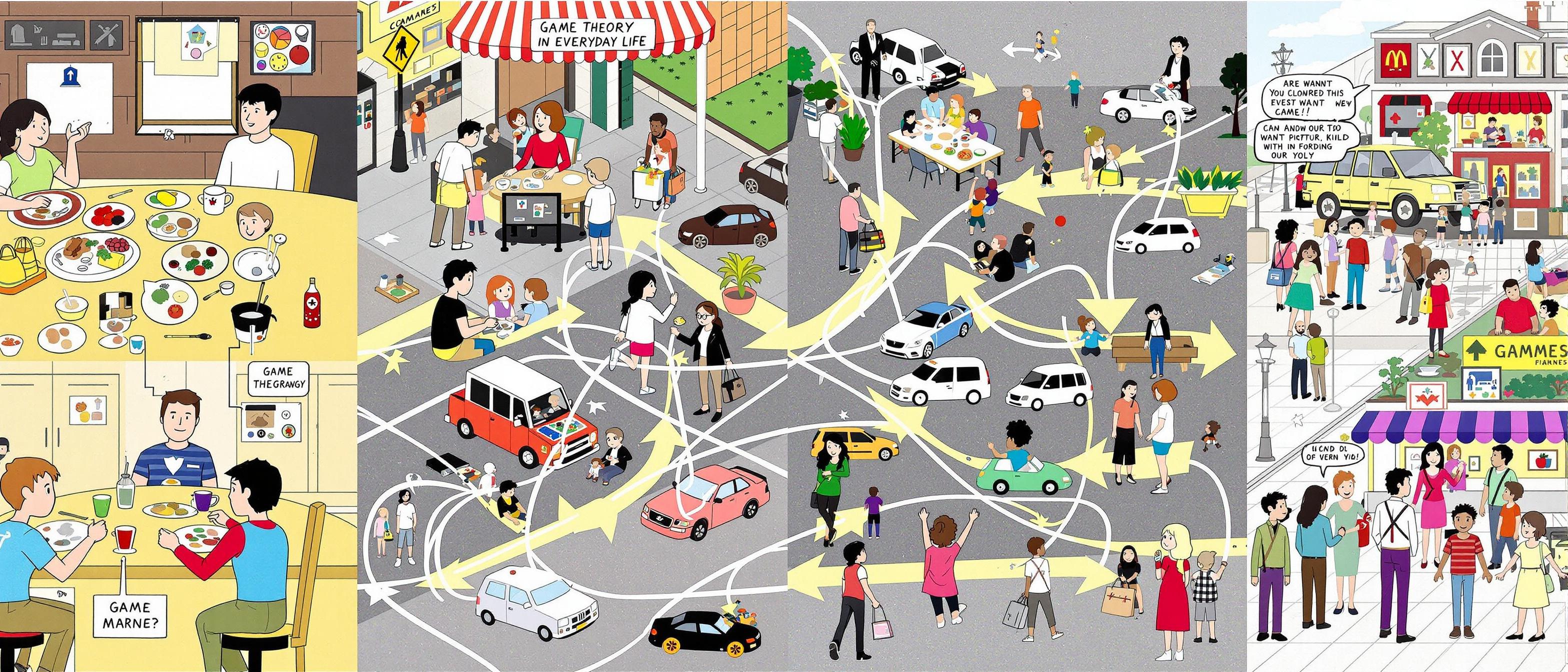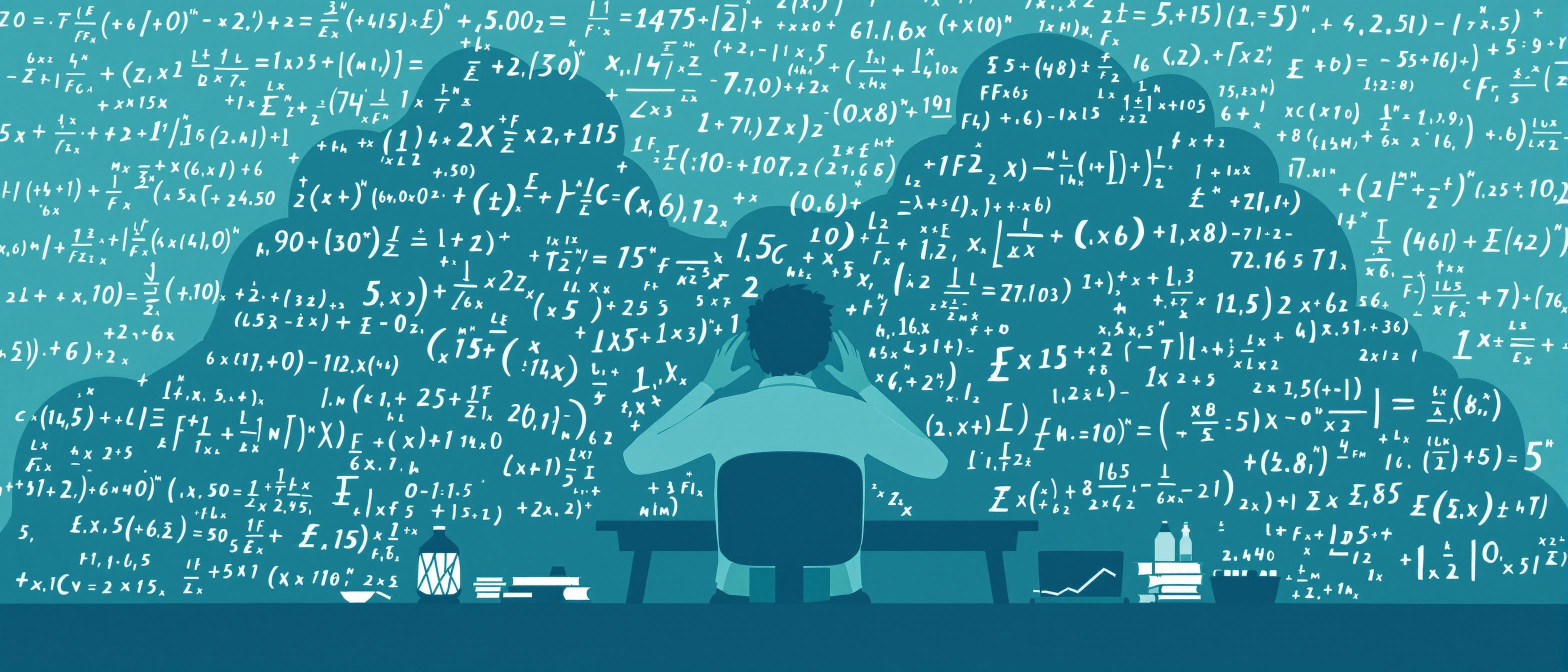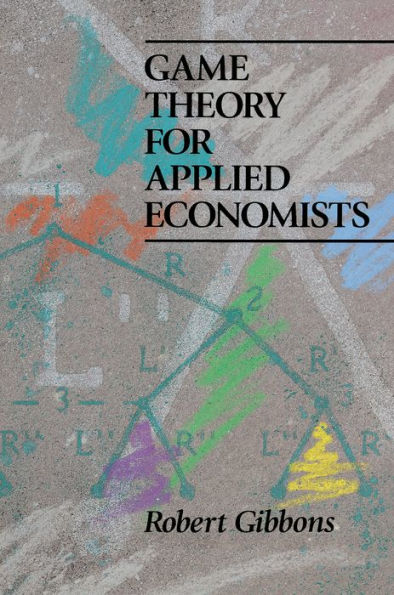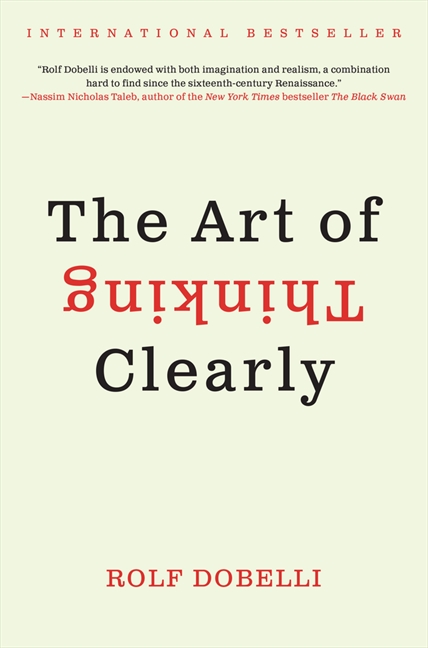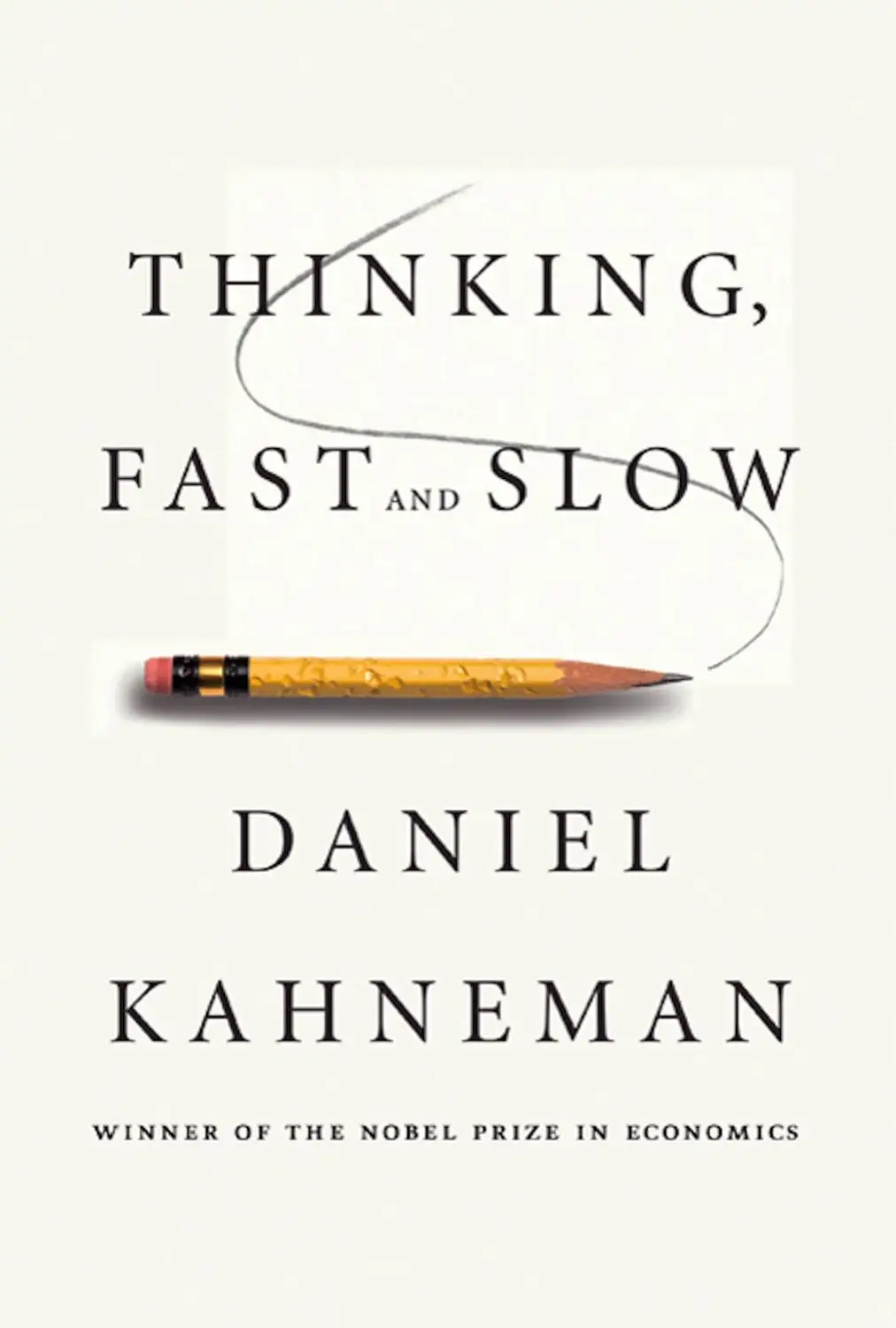What I like about
Behavioural Economics
When applying game theory, you can identify the best theoretical outcomes. However, it's not always straightforward to apply game theory to every aspect of life, and thoroughly analyzing every detail can often be too resource-intensive. That's where behavioral economics comes in; it helps us pinpoint where we typically deviate from optimal decision-making. Moreover, behavioral economics also sheds light on how our partners may stray from optimal behavior, providing valuable insights for our analysis. By understanding these deviations, we can better determine the contexts in which game theory should be applied, allowing us to focus our energy more effectively in life.



